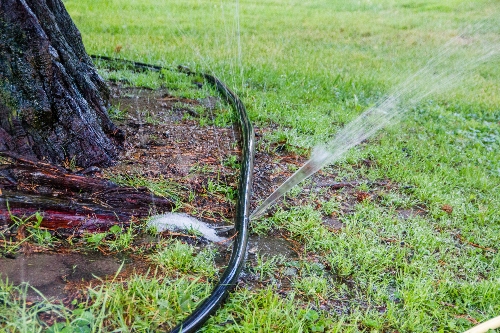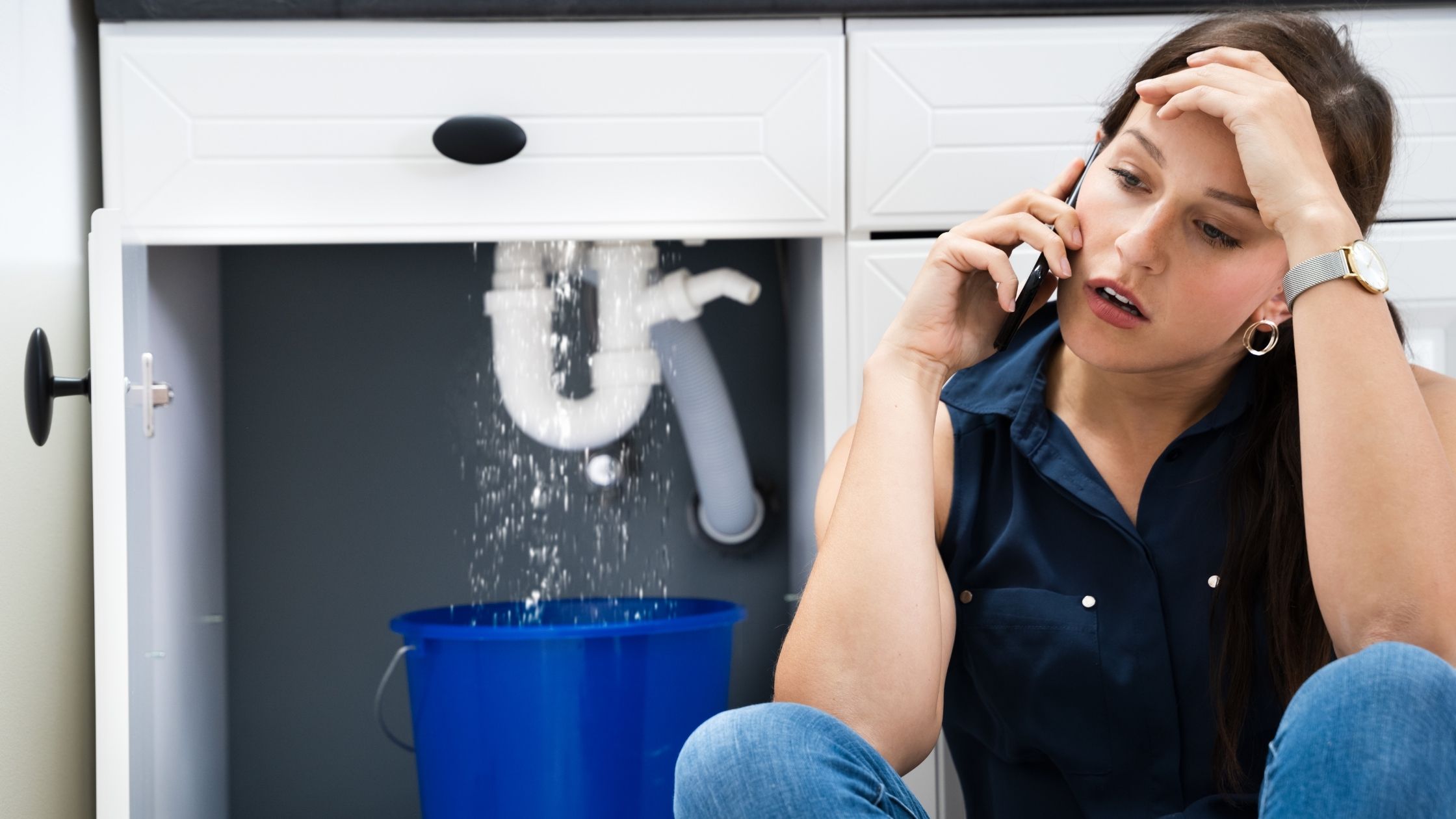The 5 Common Water Leak Triggers
The 5 Common Water Leak Triggers
Blog Article
Every person has got their private perception in relation to How to Find and Prevent Water Leaks in Your Home.

"Beware of little costs. A small leakage will certainly sink a terrific ship." - Benjamin Franklin.
He could not have actually been extra ideal since water leaks in our houses result in a waste of sources, boosting our water expenses. Although this increase might appear negligible in the beginning, it can bring about considerable expenses that can damage your bank. In addition to a rise in expenses, water leaks also create undesirable natural growth, architectural damage, as well as even electrical threats.
If you have a water leakage isn't constantly very easy due to being not able to see most of the pipework in your house, figuring out. Nonetheless, If you have had a boost in your water expenses lately, noticed water spots on ceilings as well as wall surfaces, scented lousy odor, etc. You might intend to take into consideration asking for plumbing services to get it had a look at.
There are numerous sources of water leaks, as well as we have actually assembled the usual reasons below. Check to see if you have actually had associated issues in your home just recently.
Blocked drains
Food particles, dust, and grease can create stopped up drains and block the passage of water in and out of your sink. Increased stress within the gutters can create an overflow and also end up cracking or rupturing pipelines if undealt with. To stay clear of stopped up drains pipes in your house, we recommend you to avoid pouring fragments away as well as routine cleaning of sinks.
High water stress
You saw your residence water stress is higher than usual yet then, why should you care? It's out of your control.
It would certainly be best if you cared since your average water stress ought to be 60 Psi (per square inch) and also although your house's plumbing system is designed to hold up against 80 Psi. A boost in water stress can put a pressure on your home pipelines and cause splits, or worse, burst pipes. Get in touch with an expert regarding controling it if you ever notice that your house water pressure is greater than common.
Deterioration
As your pipework ages, it gets weak and also more prone to rust after the frequent flow of water with them, which can eat away at pipelines as well as cause fractures. A noticeable sign of deterioration in your house plumbing system is discoloration and although this might be hard to spot due to many pipelines hidden away. Once they are old to make sure an audio plumbing system, we recommend doing a regular checkup every couple of years as well as change pipes
Weakened pipeline joints
Pipeline joints are the components of our plumbing system where the pipes link. It is crucial to keep in mind that also though pipes are created to withstand pressure as well as last for a while, they weren't developed to last forever; therefore, they would certainly weaken over time. A common indication of damaged pipeline joints is excessive noise from faucets.
Damaged seals
An additional reason for water leakages in homes is damaged seals of residence appliances that make use of water, e.g., a dishwashing machine. When such home appliances are mounted, seals are installed around water ports for very easy flow of water through the device. A busted seal can cause leakage of water when in usage.
With little or no expertise of plumbing, understanding your residence's plumbing system sufficient to take care of several of these concerns (without consequence) can be a problem. Connect with plumbing specialists in Pittsburgh, Providence, Rochester, and also environ today, and also they'll make those issues disappear.
He couldn't have actually been more ideal since water leakages in our houses result in a waste of resources, enhancing our water costs. If you have had a rise in your water bills recently, observed water discolorations on walls and ceilings, smelt poor odor, and so on. A rise in water pressure can put a strain on your residence pipes and also lead to fractures, or even worse, ruptured pipes. Another reason of water leaks in houses is broken seals of residence devices that make use of water, e.g., a dishwasher. When such home appliances are installed, seals are set up around water adapters for easy passage of water via the device.
5 TIPS IN DETECTING A WATER LEAK IN YOUR HOUSE
Water leaks can be hard to find in your home, yet they can be so common. We rely on water every day in our home, which is why a leak can cause big problems. By detecting them early, you can save money and further damage, getting the problem fixed as soon as possible. Here are 5 tips to help you detect a water leak in your home, so you can contact a plumber straight away and get the issue sorted.
Check your water meter
Many people underestimate the value of the water meter in their home. It can be one of the best ways to tell if you have a leak early on, so you can get on top of it before issues start arising. Start by turning off all the water in your home: taps, washing machine, dishwasher, etc. Now take a look at the meter – if it’s still changing with everything turned off, it’s likely you have a fast-flowing leak that you need to get on top of straight away. If nothing changes, then leave your meter for an hour or two and come back to it. Did it change in this time? It’s likely you have a slower leak, which isn’t as urgent but still handy to get fixed so it doesn’t become a bigger problem.
Keep an eye on your bill
Another good way to detect a leak in your home is by keeping an eye on your water bill. It helps if you have a past bill from the same period of time. You can compare like for like and determine whether your water usage has increased significantly. If it has, there may be a leak in your system that you haven’t picked up before. A professional plumber can check through all of your pipes and determine where it is coming from.
Look for damage
If you have a leak inside your home, you will notice damage over time. Take a look at your showers and bathtubs and note whether any of the tiles surrounding the area seem to be discoloured or damaged in any way. There may be water stains, mould or peeling material that has resulted from a build up of moisture over time. Make sure you take a look under sinks at the back of cupboards that don’t get accessed regularly. This is where damage can go unnoticed and build up over periods of time.

I stumbled upon that piece of writing about Where to Find Water Leaks while doing a search on the internet. Do you know somebody else who is occupied with the topic? Why not promote it. We recognize the value of reading our article about How to Find and Prevent Water Leaks in Your Home.
Check This Out Report this page